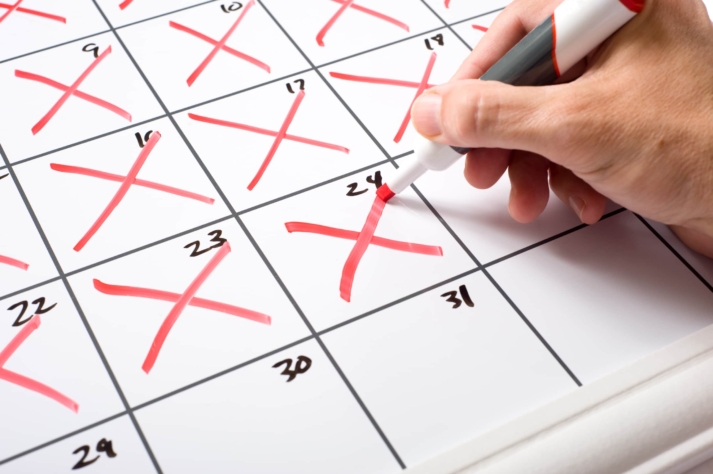Being reminded of what you know is sometimes more important than learning something new.
Learning is often misunderstood. It’s common to believe that once we learn something once, we’ve learned it forever. Of course, we understand that memory lapses occur – such as forgetting someone’s name – but these small daily failures of memory are expected and do not change our overall view of the permanence of learning.
But there is a different kind of learning and, with it, a different kind of forgetting.
Some forms of learning deal with facts that we learn and put away in our memory stores. Another form of learning deals with strategies for succeeding in the world and requires implementation, that is, something must change in our decision-making or outward behavior.
It is this type of actionable learning that is easy to ignore from the start. We learn something from a book or a conversation that seems effective and wise. We nod, recognize its importance, and then do nothing about it. We never implement.
Also, this type of actionable learning is easy to forget. We learn something. We nod, recognize its importance, and implement. But as time goes on, our implementation suffers. The wise and important strategy we learned was brought into the world but only temporarily. Perhaps slowly and imperceptibly we drifted to old habits. Or perhaps this return to earlier modes of doing things happened overnight.
A common example of the latter relates to what happens to a person’s diet or exercise regimen during a business trip or vacation. You may have implemented a new healthy lifestyle that persisted for months or years. Then you broke your routine by traveling. All of a sudden you’re eating at all the fast food places you had earlier foresworn. Then, when you return home, chances are rather high that you will not fall right back into your hard-won healthy lifestyle.
Thus, actionable learning is easy to forget or to lose. Old habits don’t just die hard; they don’t die at all. Habits are like zombies, ready to rise from the dead to devour your bright shiny new habits as if they never existed.
So – I don’t mean to be a bummer today – the thing to do is to have some ways of reminding yourself of what you need to do. To give continued sustenance and protection to your new habits.
You may be familiar with Dr. Atul Gowande’s book titled “The Checklist Manifesto.” Even highly trained surgical teams need the reminders afforded by checklists. Here’s another example. There’s a business and life coach named David Kekich who wrote his life lessons and called them Kekich’s Credo. I know many business people who make a habit of reviewing these 100 life success lessons regularly, even daily.
Here’s what I recommend: make your list of credos. Print out a small copy for your purse or wallet. Or write them as notes on your smartphone. Then review them regularly.
If you’d like to share one or more of your life credos, just leave a comment below.
Until next time,
Dr. Jack
LanguageBrief
“We are what we repeatedly do. Excellence, then, is not an act, but a habit.” – Aristotle
“Motivation is what gets you started. Habit is what keeps you going.” – John Rohn
“People do not decide their futures, they decide their habits and their habits decide their futures.” – F. M. Alexander
“Wholeness does not mean perfection: it means embracing brokenness as an integral part of life, Knowing this gives me hope that human wholeness – mine, yours, ours – need not be a utopian dram, if we can use devastation as a seedbed for new life.” – Parker J. Palmer from “A Hidden Wholeness The Journey Toward an Undivided Life.”







Do not skip more than one two runs per week! 🏃♂️